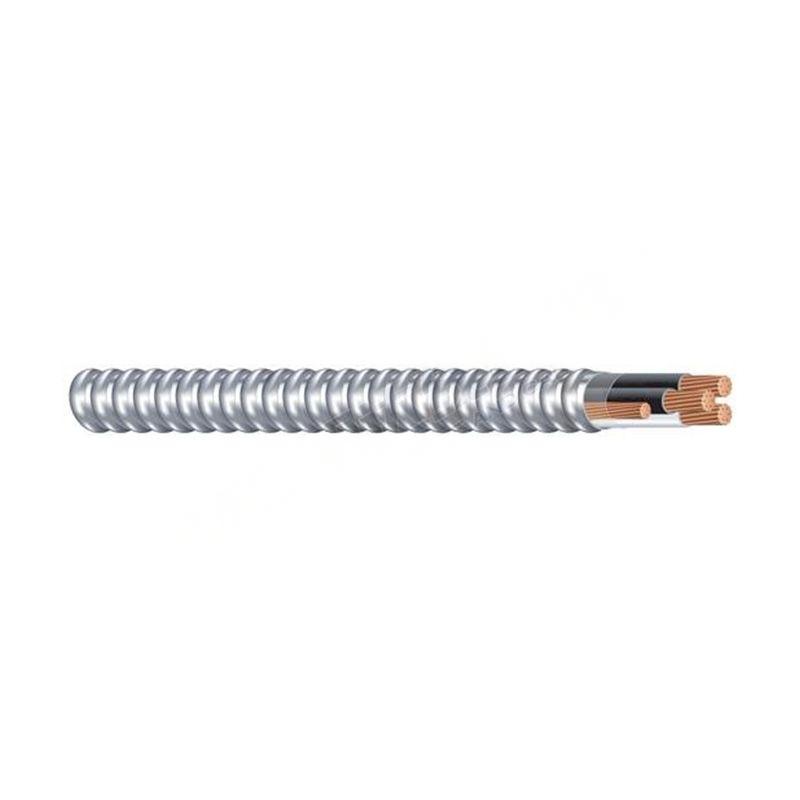9 月 . 06, 2024 13:18 Back to list
Knife Gate Valve Pneumatic - Reliable Solutions for Flow Control
Knife Gate Valve Pneumatic An Overview
Knife gate valves are essential components in various industrial applications where flow control of slurries, powders, and other abrasive materials is required. These valves are particularly valued in industries such as wastewater treatment, mining, pulp and paper, and chemical processing. The integration of pneumatic actuation with knife gate valves has led to enhanced efficiency, reliability, and safety in operational environments.
Design and Functionality
A knife gate valve features a sharp-edged blade that effectively cuts through the media when the valve is opened. This design allows for minimal distortion in the flow path, ensuring efficient flow control and minimal pressure drop. When the valve is closed, the blade drops into the seat, providing a tight seal against backflow, which is essential in preventing contamination.
Pneumatic actuation offers significant advantages over manual operation. Pneumatic actuators use compressed air to open and close the valve swiftly, requiring less physical effort than manual handles or gears. This feature is particularly beneficial in applications where there are high-frequency cycling demands or where valves are positioned in hard-to-reach areas.
Applications of Pneumatic Knife Gate Valves
The versatility of pneumatic knife gate valves allows them to be adapted for various applications. In wastewater treatment, for instance, they are used to manage the flow of sludge, ensuring efficient processing and treatment of wastewater. In mining, they help control the flow of slurries, minerals, and other materials, facilitating smooth operations and preventing spills or blockages.
In the pulp and paper industry, where control over fibrous materials is critical, knife gate valves ensure efficient flow while minimizing wear on the valve components. Similarly, in chemical processing, these valves manage the flow of corrosive substances, providing a reliable solution for handling aggressive materials.
knife gate valve pneumatic

Advantages of Pneumatic Actuation
The combination of pneumatic actuation with knife gate valves introduces several benefits
1. Speed and Efficiency Pneumatic actuators provide quick response times, allowing for rapid opening and closing of valves. This is particularly advantageous in processes requiring precise flow control.
2. Reduced Operator Fatigue By eliminating the need for manual operation, pneumatic actuation minimizes operator fatigue and the risk of injury, contributing to a safer workplace.
3. Consistent Operation Pneumatic systems can maintain consistent pressure and flow settings, ensuring reliability in processes where precise control is crucial.
4. Remote Operation Pneumatic actuators can be easily integrated with control systems, allowing for remote operation of valves. This feature enhances operational flexibility and efficiency, especially in large facilities.
Conclusion
In conclusion, knife gate valves with pneumatic actuation represent a significant advancement in flow control technology. Their robust design, combined with the advantages of pneumatic operation, makes them invaluable in numerous industrial applications. As industries continue to evolve, the demand for reliable, efficient, and safe flow control solutions will undoubtedly drive the further development and adoption of pneumatic knife gate valves. Whether managing slurries in wastewater treatment or controlling materials in mining, these valves play a crucial role in ensuring smooth and efficient operations.
Share
-
Understanding the Differences Between Wafer Type Butterfly Valve and Lugged Butterfly ValveNewsOct.25,2024
-
The Efficiency of Wafer Type Butterfly Valve and Lugged Butterfly ValveNewsOct.25,2024
-
The Ultimate Guide to Industrial Swing Check Valve: Performance, Installation, and MaintenanceNewsOct.25,2024
-
Superior Performance with Industrial Swing Check Valve: The Essential Valve for Any SystemNewsOct.25,2024
-
Industrial Swing Check Valve: The Ideal Solution for Flow ControlNewsOct.25,2024
-
You Need to Know About Industrial Swing Check Valve: Functionality, Scope, and PerformanceNewsOct.25,2024